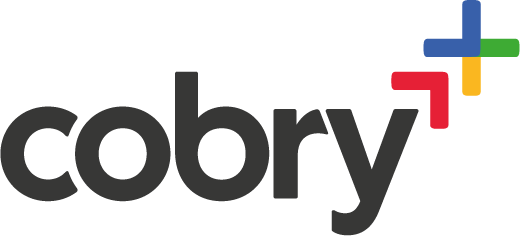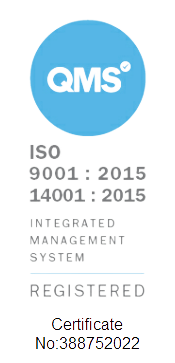What are some things you wish people knew about data? On the flip side, what are some data myths you wish they didn't believe?
Data is no stranger to misconceptions, oversimplifications and half-truths. Read on to learn more about seven myths we have frequently encountered when discussing data.
Data Myth #1: Being data-driven is a nice-to-have.
These days, any organisation which is serious about growth will have data at the heart of its operations.
Whatever your business is trying to accomplish, data can help you get there, be it resource allocation, competitive advantage, sustainability, increasing sales, and more.
Data Myth #2: Spreadsheets are all I need.
Spreadsheets are a good starting point into the world of data. However, they can be limited in their ability to collect and present data in real-time, and they’re less useful for huge datasets.
Data Myth #3: It’s all just numbers.
We tend to think of numbers when data is brought up, and indeed data has often been accused (not entirely wrongly) of having too much focus on quantifying everything, in the form of scores and indexes. But data can also come in many other formats.
Data can be written or captured in photos, videos and sound files, and the use of sentiment analysis and machine learning has brought these to the forefront of decision-making processes.
It is estimated that 90% of the world’s data is in these formats, presenting opportunities for improved insights as the technology to analyse it becomes more widely available.
Data Myth #4: It’s the same thing as statistics.
Not quite. Statistics are a form of data, but they’re more focused on the bigger picture - they deal with overall trends. Data can be specific to individuals and instances - imagine that Bob goes to the supermarket four times in a week, once for his overall shopping and the rest to buy snacks. A recording of this on his loyalty card would qualify as data. Now, let’s suppose 5% of that supermarket’s customer base behave exactly like Bob in the same week - this brings us into statistics territory.
Data Myth #5: It’s too technical.
To be fair, this one is only a half-myth in certain circumstances. In organisations where infrastructure means access to data is limited to a qualified few, the data pipeline is viewed by most as two parts magic, one part mad-science project, and a bottleneck is formed as a result.
While terms like “data lake” and “machine learning” may sound scary to the uninitiated, there are a variety of data tools that can be learned fairly quickly by everyone at your organisation.
GCP data tools in particular are built to democratize access to advanced, technical, data services. Lots of people who class themselves as “non-technical” can get insights from their data simply by watching a tutorial and following a guide.
Data Myth #6: Data won’t solve my problems
Results are only limited by your imagination it comes to getting insights from your data. But, like all good myths, there’s a droplet of truth in this one too.
The limitations of available data and data analysis tools mean that they are unable to answer certain aspects of business questions, but data collection and analytics capabilities have become more advanced over the years.
There are many uses of data that can range from game-changers in the business world to the downright absurd.
Data Myth #7: It won’t tell us anything we don’t know.
We won’t delve too much into Donald Rumsfeld’s famous “known unknowns” quote, but we will say that data can often reveal surprising, counter-intuitive, insights or highlight key issues that may be impeding performance. And even if the results confirm what was already suspected, a good data analysis tool or efficient analyst should be able to reveal this information quickly.
Dispelling the myths
Looking for a myth-free guide to becoming data-driven? With our expertise in GCP, we can help you at every stage, from data mining with Dataflow to insights with Looker. Get in touch with us now to get started on your data discovery journey through our new service, Cobry Compass!







